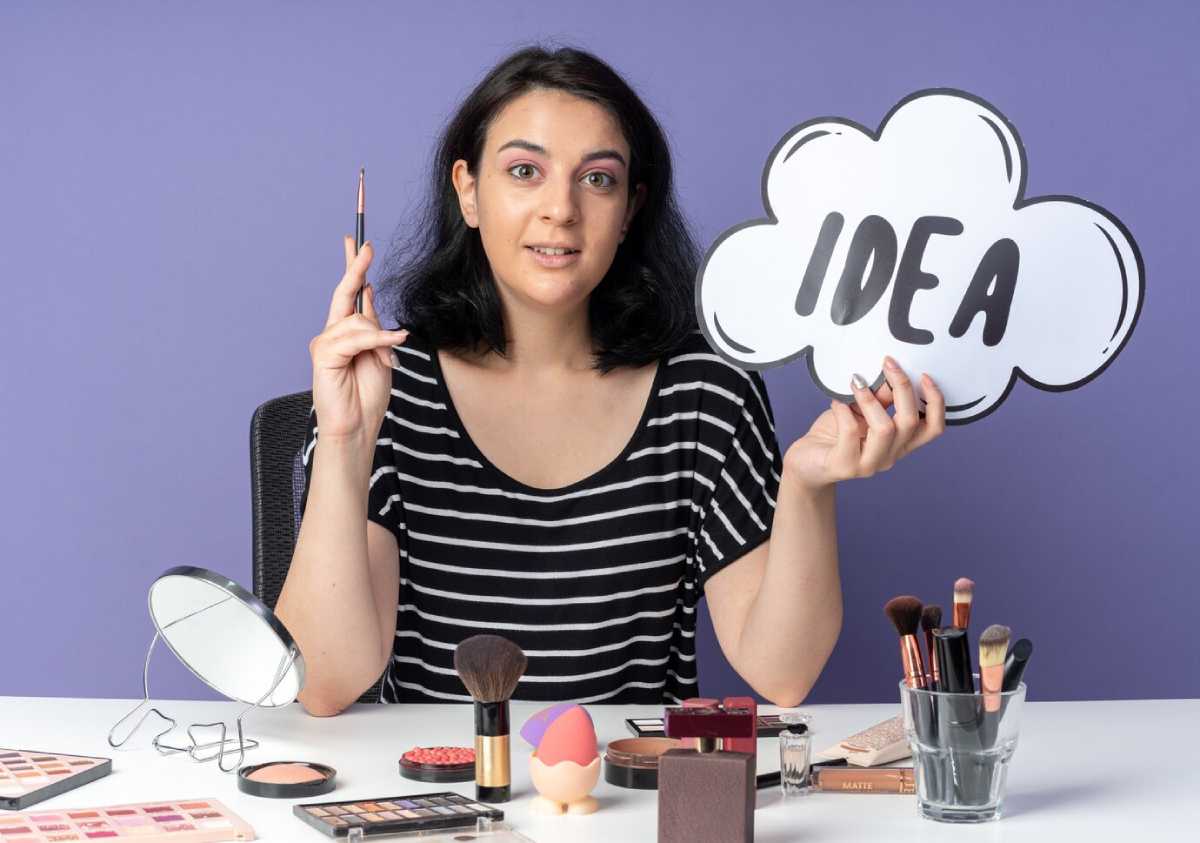
Mindful Spending: Aligning Money Choices with Wellness Goals
Wellness is more than eating well or working out—it’s about creating balance across all areas of life, including your finances. When money decisions feel chaotic, even the healthiest habits can’t fully ground you. That’s where mindful budgeting comes in. It offers a calmer, more intentional way to handle your finances—one that reflects your priorities, supports your well-being, and promotes long-term peace of mind.
In this post, we explore how to bring awareness to your spending habits with practical financial wellness tips and strategies for values-based spending. Whether you’re saving for a yoga retreat, switching to sustainable products, or simply seeking to reduce money stress, aligning your financial choices with your wellness goals can be transformative.
What Is Mindful Spending?

Mindful spending is the practice of making financial decisions with clarity, intention, and alignment with your personal values. It’s not about restriction or guilt—it’s about choosing where your money goes based on what truly matters to you.
Key Principles:
- Awareness: Understanding your current habits and what drives them
- Alignment: Spending in ways that reflect your values and goals
- Sufficiency: Focusing on “enough” rather than more
When spending becomes a conscious act, it supports not just your bank account but your emotional and physical well-being too.
How Finances Affect Wellness
Money is one of the top sources of stress globally. But it’s not just about how much you earn—it’s about how you manage it.
Financial stress can lead to:
- Sleep disturbances
- Anxiety or depression
- Relationship strain
- Poor self-care or nutrition
By practicing financial wellness, you gain control and calm. That allows you to focus more fully on your mental, emotional, and physical health.
Step 1: Reconnect with Your Core Values
Before you even look at your budget, take time to reflect on what you value most.
Ask Yourself:
- What do I truly care about? (e.g. health, sustainability, creativity, freedom)
- What kind of life am I trying to build?
- Where am I spending money that doesn’t reflect those values?
You might find you’re spending out of habit or emotion rather than alignment. Naming your values helps you build a budget that supports your best life—not just your next purchase.
Step 2: Track Without Judgement

Start tracking your expenses for at least one month. Use a spreadsheet, an app, or a notebook—whatever you’ll actually use.
The goal:
- Observe your patterns
- Identify where your money goes
- Recognise emotional triggers or unconscious habits
This isn’t about shaming your past decisions. It’s about gaining insight that allows for empowered change.
Step 3: Create a Wellness-Focused Budget
Traditional budgets focus on fixed categories—rent, transport, food. A mindful budgeting approach still includes these, but it also carves out space for your wellness priorities.
Consider adding wellness categories like:
- Self-care (e.g. massage, books, therapy)
- Nutrition (e.g. organic groceries, supplements)
- Movement (e.g. gym, yoga, online classes)
- Learning (e.g. workshops, courses)
Set limits based on what feels nourishing but sustainable. The aim is to support your goals—not overspend chasing them.
Step 4: Embrace Values-Based Spending
Spending in alignment with your values leads to greater satisfaction and less regret.
Examples of values-based spending:
- Investing in local, ethical brands instead of fast fashion
- Paying more for quality items that last longer
- Choosing experiences (like retreats or classes) over material goods
- Donating to causes close to your heart
When your purchases support your wellness vision, they feel more rewarding—without the guilt of mindless consumption.
Step 5: Reframe What Abundance Looks Like
In a consumer culture, abundance is often tied to owning more. But mindful budgeting asks a different question: what does enough look like for you?
Redefining abundance might mean:
- Having time for rest and joy
- Feeling peace in your home environment
- Being debt-free or financially secure
- Spending freely on what truly matters while cutting back elsewhere
This approach can actually make you feel richer, not poorer.
Mindful Money Habits for Everyday Life
Bringing mindfulness into your financial life isn’t about one big shift—it’s about daily decisions. Here are simple ways to stay grounded:
1. Use the 24-Hour Rule
Wait a full day before making non-essential purchases. This helps distinguish want from impulse.
2. Check in Weekly
Set aside 15–20 minutes each week to review your finances. Look at spending, savings, and upcoming needs.
3. Pay Yourself First
Set up automatic transfers to savings or investment accounts, even if small. Prioritising yourself builds long-term confidence.
4. Practice Gratitude
Regularly reflect on what you already have—this reduces the urge to spend from lack.
5. Limit Decision Fatigue
Use meal plans, monthly orders, or budget apps to reduce the mental load around money.
Aligning Spending with Sustainable Choices
Many people interested in wellness also care about sustainability. Fortunately, mindful budgeting and eco-consciousness often go hand-in-hand.
Tips for sustainable and budget-friendly living:
- Shop second-hand or participate in local swaps
- Cook at home more often using seasonal produce
- Choose multipurpose products over specialised ones
- Reduce waste by buying less but better quality
- Invest in reusable, low-waste essentials (e.g. water bottles, containers)
You’ll save money while supporting a healthier planet—and that’s a win-win.
Addressing Emotional Spending Triggers
Many of us spend not because we need something but because we’re stressed, bored, or triggered. Identifying these patterns can change your financial life.
Common triggers:
- Low mood = buying “treats” to feel better
- Stress = ordering food to avoid cooking
- Envy = buying to match others’ lifestyles
- Fatigue = spending for convenience
Alternatives to try:
- Go for a walk or do a 10-minute meditation
- Write about what you’re feeling
- Set a fun, non-financial goal (like decluttering a space or trying a new recipe)
The goal is to meet your needs—without defaulting to spending.
When to Splurge (Mindfully)
Mindful budgeting isn’t all about restraint. Sometimes, the right splurge can genuinely nourish your well-being.
Worthwhile splurges might include:
- A well-designed ergonomic chair for your home office
- A nourishing meal at a restaurant that aligns with your values
- An inspiring workshop or creative retreat
- Skincare or wellness tools that support consistency
The key is to splurge intentionally—because the expense enhances your quality of life.
Final Thoughts: Spending as Self-Care

Money doesn’t have to be stressful. It can be a tool for self-care, intention, and empowerment. By building a mindful budgeting practice and embracing values-based spending, you’ll not only improve your financial health—you’ll also create a life that feels truly aligned.
Wellness isn’t about having more but about knowing what’s enough. Let your money reflect that. With each thoughtful purchase, you move closer to balance—financially and emotionally.


